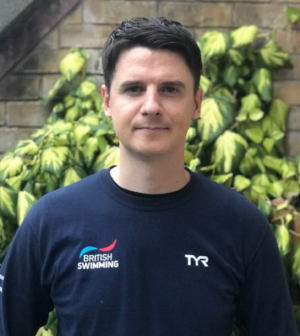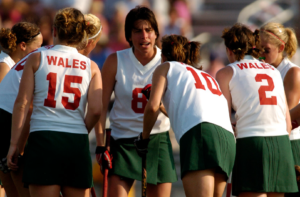Leaders at Play
The world of business often looks to the world of elite sport for inspiration in leadership, management and high performance; in 2017, the Institute asked leaders and managers to draw parallels between sporting and organisational excellence (Institute of Leadership & Management, 2017). We identified key themes of teamwork, clarity, metrics and mindset, themes that organisations might emulate to deliver success. In this research, we explored whether participating in competitive sport gives people a leading-edge or “X-factor” in their working lives.
Economists have shown that student-athletes achieve greater professional success than their non-athletic peers earning between 5% to 15% more (Sugar, 2015). Other research identified there were greater expectations on former athletes to demonstrate more leadership skills, greater self-confidence and greater self-respect in the workplace than there was on peers who had participated in non-sporting extracurricular activities at school. The same research found that ex-athletes, on the whole, achieved higher career status and greater levels of leadership responsibilities than non-athletes (Kniffin et al, 2014).
It is asserted that people who compete, or who have competed, in sports work better towards team goals, have greater aversion to failure and have higher levels of self-confidence and self-respect (Fletcher, 2011). Fletcher identified a range of capabilities associated with competitive sports, asserting that former athletes have an ingrained competitive drive making them enticing hires, attributing them with capabilities such as higher levels of determination, greater resilience, leadership, goal setting, confidence and many more attributes.
In this research, we test the findings of our previous “Elusive X” report (Institute of Leadership & Management, 2017), asking if people who compete in sports are better at teamwork, goal-setting, giving feedback on performance, empowering staff and are more resilient. We also identify a range of key attributes and capabilities that are associated with people who undertake sporting activities. We find interesting differences between those who have never undertaken competitive sports and those who have and identify the sectors that are more likely to see positive associations with people who participate in competitive sporting activities.
Research Highlights
- 75% who have played sport competitively believe that it gives skills and capabilities that provide a workplace advantage
- Teamworking is believed to be the top capability developed through competitive sports
- Playing competitive sport builds confidence and mental toughness
- People working in the private sector are most likely to have played sport competitively
- 40% of employers support staff in participating in competitive sporting activities
- Only 10% of employers provide time off to compete in sporting activities
- Public sector workplaces are most likely to provide health and fitness, or sporting facilities,
- Third sector organisations are the least likely to provide health and fitness or sporting facilities
- 60% of people who have not played sport competitively do not believe participation in sport leads to improved career opportunities
Sport Report Ambassadors

|
Kris Chesney, former England, Saracens and Toulon rugby player“There are so many similarities between the emotional experience of playing elite sport and the day-to-day life of organisations. In sport, when you’re benched, or told you haven’t made the squad, those feelings of rejection are similar to those you feel when you’re excluded from an important client pitch or meeting. This is the time you can call on the mental toughness or the confidence you’ve developed in sport to help you deal with disappointments in the workplace.” |

|
Danny Powell, Skill Acquisition Developer, British Para-Swimming“My experience of working with athletes and coaches across a range of sports has helped me to see first-hand how the skills we work to develop are extremely beneficial when transitioning into a new field.” |
|

|
Gemma Morgan, former Wales lacrosse captain“My view is that the primary impetus for
|

